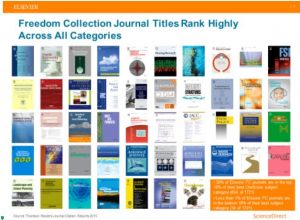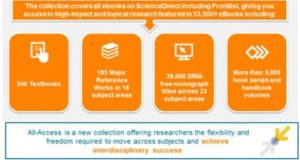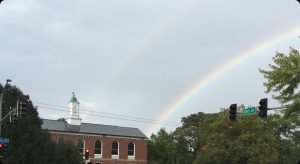Open Access Week is upon us! This year it runs from October 24th to 30th. And the theme from SPARC is “Open for Climate Justice,” seeking to “encourage connection and collaboration among the climate movement and the international open community.”

Of course, that timeframe also overlaps with the run-up to Hallowe’en! What possible connection(s) could there be between Hallowe’en, Open Access, and international climate concerns? Glad you asked!
First let’s take a brief look at each of these three worthy topics. Keep in mind that these are all introductory discussions; if you have more interest in any of these areas, follow some of the links provided.
Open Access
The Open Access movement or initiative, as a statement of common interest in sharing information by scholars and researchers, has roots that go back to at least 2002. From the outset, the initial signatories endorsed, “Removing access barriers to this literature.. [to] enrich education, share the learning of the rich with the poor and the poor with the rich.”

Practically speaking, the Open Access Initiative is represented by various repositories sponsored by research institutions from around the globe. Drake University, like many other colleges and universities, has an Institutional Repository (inclusive of materials from across the institution) called eScholarShare. (Contact bart.schmidt@drake.edu if you would like to have your Drake publications included). Elsewhere there are repositories representing various academic disciplines (e.g., arXiv hosts over 2 million articles on physics, math, and computer science). Other repositories, such as OAIster, harvest and make accessible the works of most know repositories, both US and international. Also note that, if you are new to Open Access, you are not signing your copyright away when you place your articles in an open repository.
Open Access is a growing movement, and it overlaps other “open” movements in academia and education, such as Open Education Resources, whose goal is to increase innovation so as to reduce cost and increase access for texts and learning materials. If you would like to discuss any of these topics, please feel free to contact bruce.gilbert@drake.edu
Open Access is a boon for those doing research, especially those researchers who aren’t directly involved with a scholarly institution; it breaks down barriers between researchers and knowledge. Below, as a brief demonstration, we will explore our other two topics to demonstrate the power and value of Open Access.
Global Climate Justice

This is obviously a huge topic, so let’s stick with one area that segues into the next. “Fast fashion” refers to the ability of certain clothes manufacturers to crank out inexpensive knock-offs of whatever is popular at the moment on runways or award shows. Unfortunately, this “throw-away” mentality comes with a steep environmental and social price: Dana Thomas’s book Fashionopolis is an exploration of the underlying realities behind the fashion industry.
If you are interested in how fast fashion affects the environment and sustainability efforts, you can certainly search Google, OR you can search OAIster for “fast fashion and sustainability” and find openly-accessible research articles on this topic, such as this article that discusses the issue on an international level.
Here comes Hallowe’en!
The history of Hallowe’en is as fascinating as it is controversial. The Internet is rife with origin stories that generally fall into two camps: First, that Hallowe’en has directly evolved from Samhain (pronounced “SOW-in”), an ancient Celtic celebration that occurred in the Fall. Second (and less common, although all admit that the Church’s creation of All Saint’s Day was important to the evolution of what eventually became Hallowe’en), others believe that the first Hallowe’en celebrations were firmly rooted in the practices of the early Catholic church.
There is no clear “right” or “wrong” to such disputes, but all agree that Hallowe’en has evolved over time and borrowed traditions from many cultures. There are fascinating tidbits everywhere about traditions that we take for granted; did you know that the very first jack o’ lanterns were turnips, for example?
Can I find Open Access materials about Hallowe’en? Certainly! In addition to using the OA search tools above, you can use Drake’s own SuperSearch to explore a topic, and then click on “Open Access” to limit your search. I did just that for the topic of “Halloween History” and you can see the results here.
Hallowe’en and Fast Fashion
Where is the “overlap” between Hallowe’en (and its related holidays) and Climate Justice? Well, for one thing, many Hallowe’en costumes are the very definition of “fast fashion”: They are cheaply made and designed for only one or two uses before they are (all too often) thrown out. Yet US consumers spend over 3 billion USD a year on costumes (out of a total of $10 billion spent on the holiday overall)
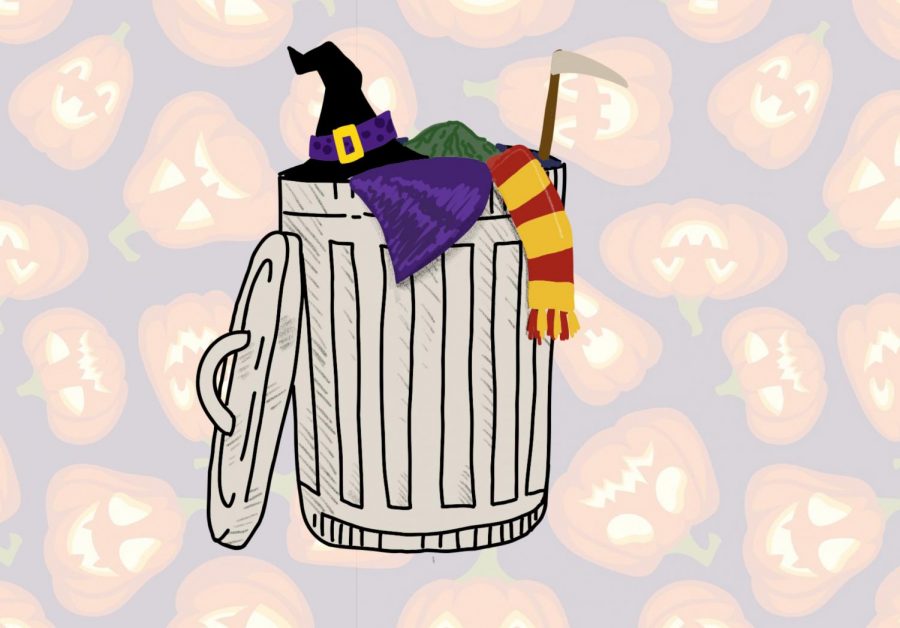
There has been some research done (unfortunately, not all is in the public domain) on the impact of fast fashion and Hallowe’en on the environment. But thorough researchers can find nuggets that are publicly available, such as this one, as well as this more detailed article (which focuses on Hallowe’en waste in the UK).
Random Hallowe’en
Since it IS the season, after all, here are a few more Hallowe’en links:
The folks at Drake University Archives and Special Collections have gotten into the seasonal spirit:
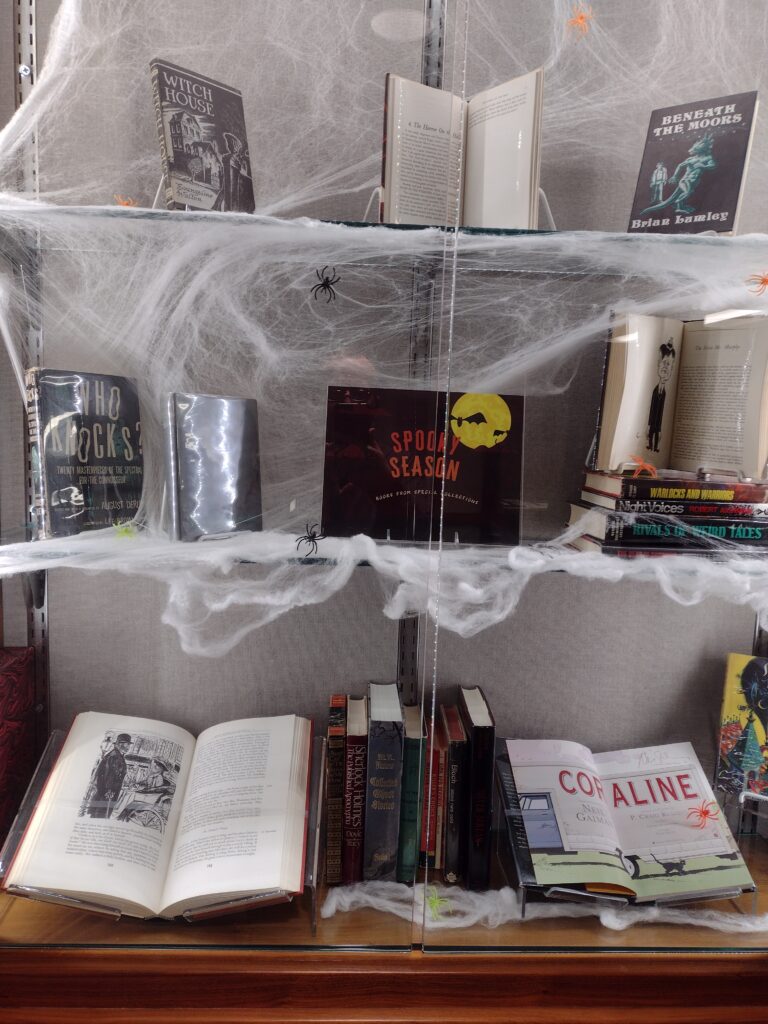
On the main floor of the Library, Cowles has a display of spooky reading for your perusal.
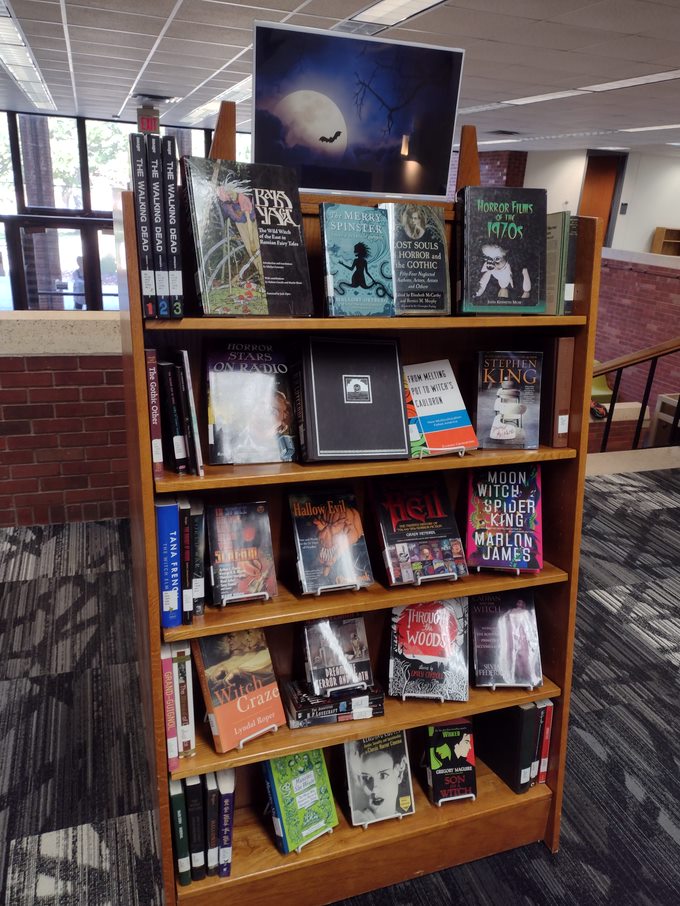
There is a lot of thought-provoking stuff out there about Hallowe’en; here are some other links that might be of interest:
- Want to make your whole holiday more eco-friendly? Here’s a guide with lots of suggestions.
- Worried about your costume being socially inappropriate? Maybe it’s because you should be! Read this thoughtful post.
- More ideas on having a “green Hallowe’en.“




